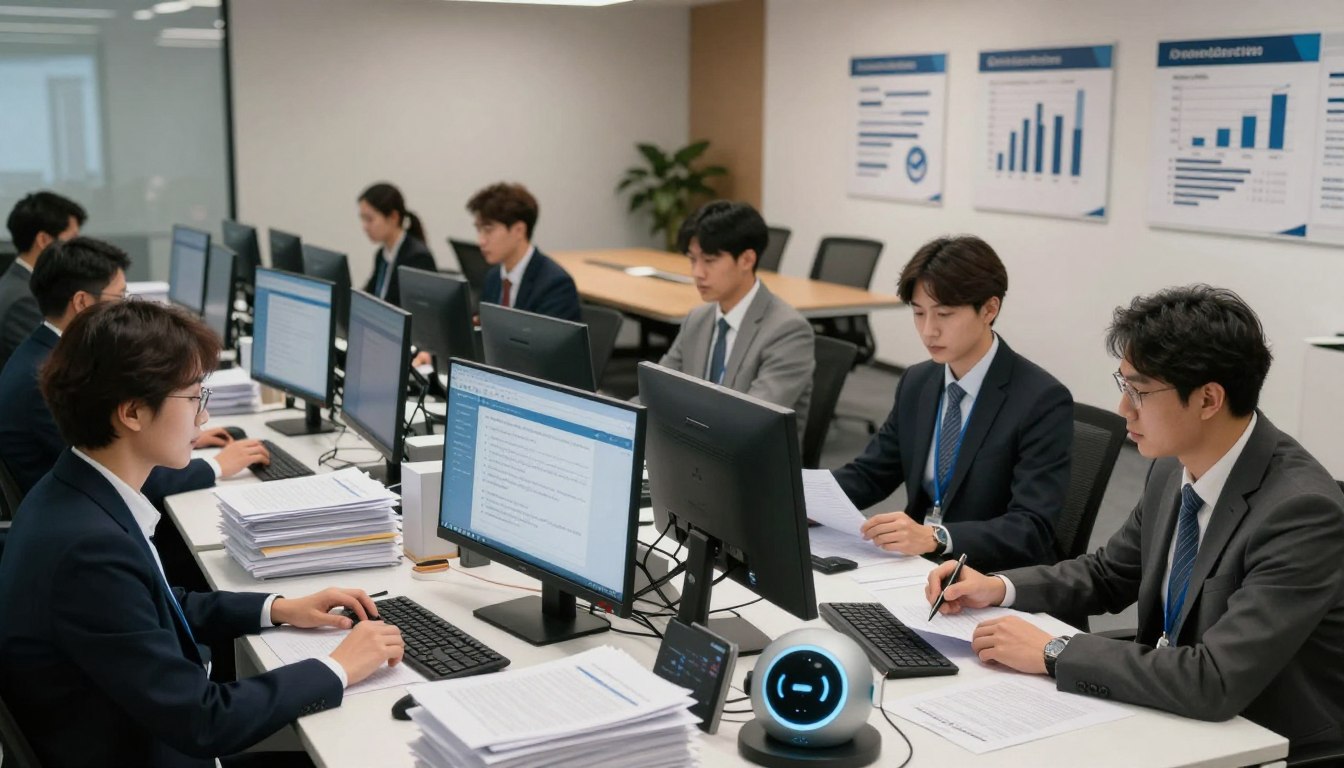by jiawen
Share
Share
Connecting the world with Fintech solutions
In a speech by Mr Ravi Menon, the Managing Director of the Monetary Authority of Singapore (MAS) at Sibos Conference 2022, the current cross-border payment system is no longer a good fit for the 21st century. A survey conducted by EY revealed that global cross-border payment flows are expected to hit US$156 trillion this year, opening up new business opportunities for cross-border payment providers. Change of customers’ preferences and behaviour towards cashless payment continues to grow the demand for a real-time cross-border payment systems. This is where Fintech plays a critical catalytic role in enhancing the country’s capability to process both domestic and international money transfers. Various digital innovations are developed with the aims of tackling the pain points of firms and consumers and helping people to adapt to the borderless world.
Singapore’s payments connectivity initiatives
In April 2021, Singapore’s Paynow has linked up with Thailand’s Prompt Pay to be the world’s first linkage of real-time payment systems. The PayNow-PromptPay linkage allows customers to transfer funds across the two countries using just the mobile number of the recipients. Following the collaboration with Thailand’s payment service providers, Singapore continues to expand its network and establish close ties with other ASEAN countries such as Malaysia and Indonesia. Furthermore, to promote better cross-border payments experience, the BIS Innovation Hub Singapore Centre is developing a central platform, which is known as Project Nexus to foster multilateral linkages. This project is set to change the game through connecting multiple instant payment systems (IPSs) globally to enable cross-border payments within 60 seconds. The Nexus Gateways aim to streamline the process with a unified solution for currency conversion and compliance checks.
Conclusion
As mentioned by Mr Ravi Menon at the Singapore FinTech Festival 2022, cross-border payments need to flow seamlessly like water and it is inevitable that Fintech can potentially play a significant role in reshaping the payments landscape. Initiatives by the government and private sector will help to improve the speed and transparency of cross-border payments, and ultimately accelerating economic growth of the country.
How We Can Help
- Offer Professional Advice on the Specific Licence Requirements
- Assist with the PSP Licence Application
- Review the Submission Documents (Form 1 and the supporting documents)
- Liaise with MAS on Licence Application-related matters
- Provide On-going Compliance Support Post-Licence Approval
Reference Materials
Bank for International Settlements (2021). ‘Nexus: a blueprint for instant cross-border payments’. Available at: https://www.bis.org/publ/othp39.pdf
EY (2021). ‘How new entrants are redefining cross-border payments’. Available at: https://www.ey.com/en_my/banking-capital-markets/how-new-entrants-are-redefining-cross-border-payments
Monetary Authority of Singapore (2022). ”FinTech in its Element: Water, Metal, Fire, Wood, Earth” – Speech by Mr Ravi Menon, Managing Director, Monetary Authority of Singapore, at the Singapore FinTech Festival 2022 on 3 November 2022’. Available at: https://www.mas.gov.sg/news/speeches/2022/fintech-in-its-element
Monetary Authority of Singapore (2022). ‘”Two Problems for FinTech to Solve: Cross-Border Payments and ESG Data” – Keynote Speech by Mr Ravi Menon, Managing Director, Monetary Authority of Singapore, at Sibos 2022 on 10 October 2022’. Available at: https://www.mas.gov.sg/development/e-payments/cross-border-payment-linkages
Explore SFO, MAS Licensed, CMS License requirements for 13O, 13U, and AML/CFT policy in Singapore.
Outsource your insurance broker's compliance needs to Alder - experts in MAS filings, AML/CFT, and Outsourced Compliance.
Venezuela-linked cases can trigger higher sanctions and AML/CFT risk. Alder supports Singapore firms with customer screening and outsourced compliance for peace of mind.
Compliance should not slow a fund down. We support VCFMs with right-sized, cost-efficient compliance that scales as you grow, so you can focus on investing while regulatory expectations are met.






